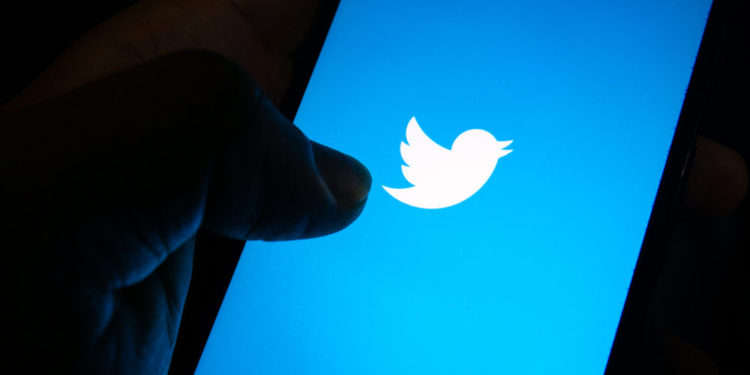
Spanish— Twitter is moving forward in regulating and moderating posts. What had been advanced by its CEO, Jack Dorsey, is already in a pilot phase in the United States with a system that will put in the hands of users the decision to choose what information is “misleading” and put themselves in the role of digital cops.
While the company determines rules for how the new dynamic will work, it is inevitable to think that power in the hands of the masses could lead to the opposite effect: lashing out in volume against those who think differently.
“We are focused on one account right now (Donald Trump). But this is going to be much bigger than just one account. And it’s going to go on for much longer than just this day, this week. And the next few weeks and go on beyond the inauguration,” Dorsey had announced. Days later, it is beginning to be fulfilled.
The mechanism is called ‘Birdwatch’ and allows users to identify tweets they see as “misleading” and write notes about these. At the moment, it is a separate section within Twitter. But according to a statement from the social network, later, the notes may be visible directly in the ‘tweets’ for the audience around the world.
The risk of lynching
“To date, we have conducted more than 100 qualitative interviews with individuals across the political spectrum who use Twitter, and we received broad general support for Birdwatch,” reads the text.
Questions started to arise. Some users show skepticism for this free will between choosing or not what is the right thing to do.
“So let me get this straight, you’re trying to stop random people from spreading misinformation by letting other random people decide what misinformation is? Ok,” was one response to the initiative’s new Twitter account.
so let me get this straight, you're trying to stop random people from spreading misinformation by letting other random people decide what misinformation is? ok. https://t.co/PYejmCCgI9
— MJ (@morganisawizard) January 25, 2021
There is a term difficult to ignore in this context: “digital lynching.” It is understood as attacks and harassment executed on social networks. The risk is that the debates become too toxic. It leads to the harassment of individuals and even the discrediting of ideas or organizations.
By 2013, the consequences of the public scorn that occurred on networks were already evident. Justine Sacco was digitally lynched when she published a controversial tweet that cost her her job; she was the target of threats and insults. Her Twitter account was hacked by the Socialism and Liberation Party (PSL), a US political party of Marxist-Leninist ideology, reported Infobae.
And so other cases have occurred. Now the risk of applying such a ‘Birdwatch’ is something the social network acknowledges. “We know there are several challenges toward building a community-driven system like this — from making it resistant to manipulation attempts to ensuring it isn’t dominated by a simple majority or biased based on its distribution of contributors,” admitted Keith Coleman, Twitter’s vice president of product.
Through this initiative, Twitter is shifting the policing role to users, avoiding being the one to tag potentially “misleading” content. In other words, it would be spared from being singled out like the ones it went through after censoring former President Donald Trump.
Double standards continue
The pressure weighs on this social network. Accompanied by Facebook, Instagram, and others, they have been under scrutiny since the attack against former President Donald Trump.
The censorship followed with the removal of 70,000 accounts linked to QAnon, a group claiming to be in favor of the former US president. Twitter claimed they promoted violence.
A few days later, Facebook and Instagram deleted another 78,000 profiles saying they had posted content from QAnon and related to “militarized social movements,” the Epoch Times noted.
Not skimping on numbers either, Facebook issued a statement where they counted how many profiles and pages they have silenced. “From August to November 30, 2020, we removed about 3200 pages, 18800 groups, 100 events, 23300 Facebook profiles, and 7400 Instagram accounts for violating our policy against militarized social movements,” it reads.
However, Twitter’s focus on infractions raises doubts. Recently, a complaint of sexual abuse against a minor was dismissed by the social network, which ironically determined that the content was not against its policies.
Another case is what happened with Venezuelan dictator Nicolás Maduro. On his Twitter account, he posted a video talking about some “miraculous drops” that cure COVID-19. The message is still without any label of “misleading content,” for Jack Dorsey and his team, it does not qualify as such even though such drops are not endorsed by any health agency.
In the wake is Jair Bolsonaro, who did receive the controversial warning by recommending early treatment for COVID-19 with antimalarials.
The blissful Twitter initiative ‘Birdwatch’ is trumpeted with great fanfare even though they are aware of the risks. “We know this might be messy and have problems at times, but we believe this is a model worth trying,” the statement adds.
 Versión Español
Versión Español













